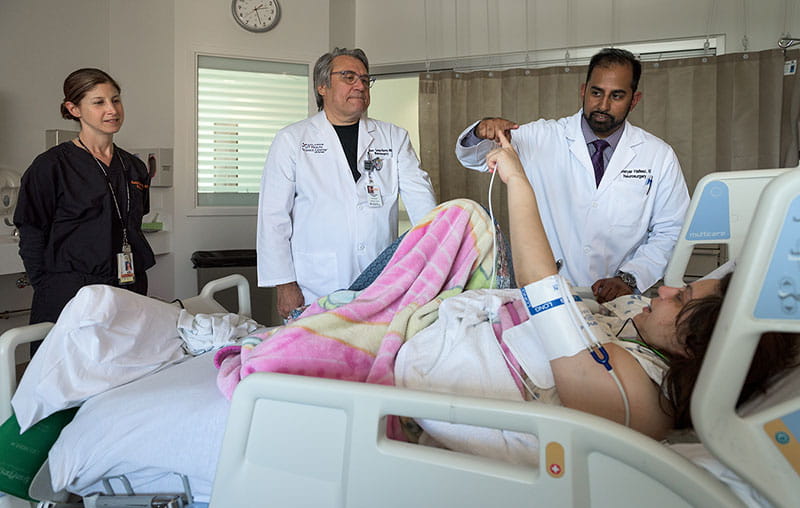Diabetes is a growing health concern in our community, especially among Hispanic and African American populations who face a higher risk than others.
Over 14% of residents in Bexar County have been diagnosed with diabetes, according to the Metropolitan Health District report Diabetes in Bexar County – 2014. This is higher than the state average of 10.6% and the national average of 9.3%.
Many people may already be developing diabetes, often without realizing it.
What Is Prediabetes?
Prediabetes is when blood sugar, or glucose, is too high but not high enough to be diagnosed diabetic. It is usually diagnosed using a blood test called a hemoglobin A1C (HbA1c).
According to the City of San Antonio, one in eight adults in Bexar County have been told by a doctor they have prediabetes or are borderline diabetic. Left untreated, prediabetes can progress to Type 2 diabetes and also be the tip of the iceberg for underlying serious conditions affecting the heart, kidney and brain.
Am I at Risk for Prediabetes?
Certain factors increase the likelihood of developing prediabetes or diabetes. These includes:
- Being overweight
- Age 45 or older
- Having a family history of Type 2 diabetes
- Being physically active less than 3 times a week
- Having diabetes during pregnancy
- Giving birth to a baby that weighed more than 9 pounds
- Having polycystic ovary syndrome
Warning Signs of Prediabetes
Talk to your doctor if you notice these potential prediabetes symptoms:
- Weight gain
- Lack of energy or constantly feeling tired
- Excessive thirst and hunger
- Frequent urination, especially at night
How To Prevent Diabetes
The good news is that early action can often prevent or delay prediabetes and Type 2 diabetes. The American Diabetes Association encourages people who are high risk to lose weight through regular exercise and a low-fat, low-calorie diet.
As you become more active, your cells become more sensitive to insulin and your body starts to work more efficiently. You don’t have to jump into an intensive exercise routine overnight. Start with realistic goals and consult with your doctor to help you get on the right track.
Key Strategies To Protect Your Health:
- Eat healthy, moderate portions
- Eat at least one to two servings of vegetables and fruits per day
- Limit simple sugars like sweets and sugary beverages
- Exercise at least 150 minutes per week (start walking and eventually aim for walking 30 minutes a day)
- Lose weight the healthy way (just 5-7% of your body weight may reduce your risk by 50%)
- Check glucose levels periodically before and 2 hours after meals
- Don’t be lured by lose-weight-fast diets
- Establish good sleeping habits
You can always reach out to your provider to see if certain medications are appropriate for you.
University Health Resources
The University Health Texas Diabetes Institute offers valuable programs. They include $5 cooking classes, free exercise classes, and expert-led discussions on diet and calorie management. These resources are designed to empower you to take control of your health.
Community Resources
We are also taking steps to address community needs within Bexar County. This is why we are excited to offer resources for everyone, whether you receive care from us or not. Visit our Institute for Public Health for diabetes-related resources.





